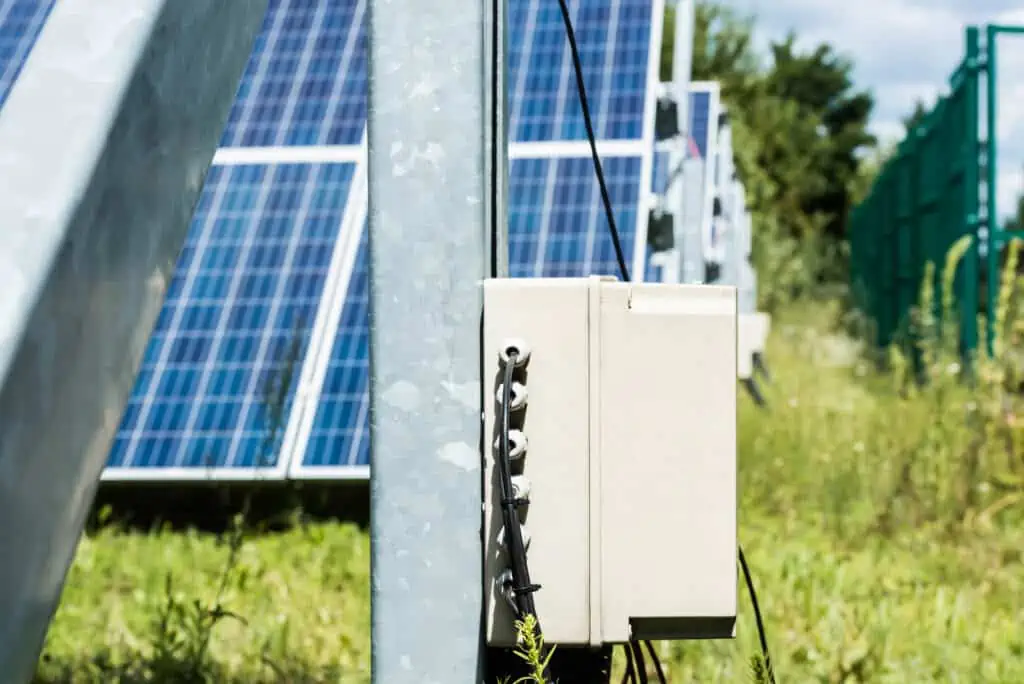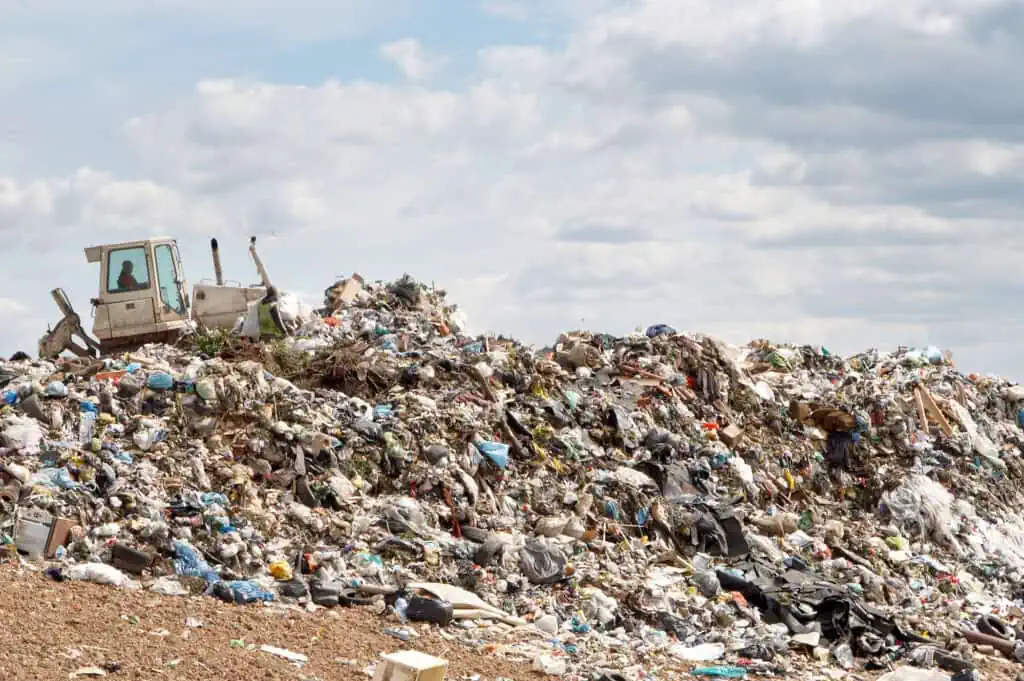Contents
Introduction to Solar Battery Recycling
Solar batteries can be recycled, offering the potential to reduce raw material demand and waste.
According to the IRENA, recycling solar batteries by 2030 could decrease raw material demand by up to 10%.
The recycling of batteries is still in its early stages. In 2018, only 3,500 metric tons of lithium-ion batteries from solar applications. As well as, 67,000 metric tons of lead-acid batteries from traditional vehicles were recycled.
The growth of solar battery recycling is fueled by two factors:
- The advancements in technology
- The increasing demand for sustainable energy solutions.
Recycling solar batteries is not only possible but necessary for creating a more sustainable energy system.
Proper Disposal of Solar Batteries
Properly disposing of solar batteries is necessary to protect the environment and public health. These batteries contain materials that can cause cancer, kidney damage, and respiratory problems.
The demand for electric vehicles and solar power systems will lead to more used batteries. In the United States, over 3.4 million metric tons of lithium-ion batteries will be drawn by 2030. If not disposed of properly, these batteries become a significant environmental and health risk.
Why is Recycling Solar Batteries Important?
- In 2019, the world produced 50 million metric tons of electronic waste. This figure is projected to double by 2050.
- Recycling solar batteries can also reduce the demand for raw materials. The demand for metals such as cobalt, lithium, and nickel is predicted to rise 10 times by 2050.
- Recycling solar panels and batteries in the US could create 1.3 million jobs by 2050.
- Improper disposal of solar batteries can also result in economic losses.
The proper disposal of solar batteries is critical to protect the environment, public health, and the economy. We must ensure that these batteries are recycled correctly to reduce the environmental impact.
How Solar Batteries are Recycled
Recycling Process:
- Collection: The batteries are collected and transported to recycling facilities.
- Dismantling: The batteries are dismantled, and the different components are separated.
- Material Recovery: The cells are processed to recover valuable materials like cobalt, nickel, and lithium.
Recovery Process:
- Pyrometallurgy: Pyrometallurgy involves heating the cells to high temperatures.
- Hydrometallurgy: It involves dissolving the cells in acid or other chemical solutions.
- Mechanical Separation: Mechanical separation involves shredding the cells. In this process, they use magnets to separate the different materials.
Recycling processes for lithium-ion batteries can recover up to 95% of valuable materials. This is based on a report by the International Energy Agency. Also, recycling batteries uses 80% less energy and produces fewer emissions than making new ones from raw materials.
Challenges in Solar Battery Recycling
Complexity
Solar batteries consist of a variety of materials. These materials are metals, plastics, and chemicals, all of which require different methods to extract and recycle.
Safety
Some materials used in solar batteries can pose health and safety risks if not handled properly.
Scale
The current volume of solar batteries being recycled is relatively low.
The low recycling rate poses a severe risk to the environment. It could also hinder the economic benefits.
Lack of Regulation
There is currently no standard regulation in place to ensure that solar batteries are recycled responsibly.
Addressing these challenges will require collaboration between government regulators, manufacturers, and recyclers.
Future of Solar Battery Recycling
The future of solar battery recycling is promising. This is due to the advancements in technology and increasing demand for sustainable energy solutions. Here are some key points:
- The IEA predicts that by 2050, the number of solar panels will rise to 4 billion, more than 15 times the current amount.
- The European Union discovered that recycling lithium-ion batteries can reduce CO2 emissions by 95%.
- In 2020, only 5% of global lithium-ion battery waste was recycled, according to the IEA.
- Governments and regulatory bodies are also recognizing the importance of battery recycling. The EU created a set of regulations for recycling batteries.
Are There Benefits to Recycling Solar Batteries?
Yes, there are significant benefits to recycling solar batteries. Recycling helps reduce the amount of waste in landfills and conserves valuable resources. Here are some of the benefits of recycling solar batteries:
Conservation of Natural Resources
Recycling solar batteries allows for the recovery of valuable metals and minerals. These can be repurposed for future battery production.
Reduction in Greenhouse Gas Emissions
Recycling lithium-ion batteries could slash 85% of CO2 emissions from making new batteries. This is based on the study by the European Commission.
Economic Benefits
Based on a study by the International Renewable Energy Agency, the recycling industry could create up to 800,000 jobs worldwide by 2050.
Environmental Protection
Recycling solar batteries keeps harmful chemicals and toxic materials out of landfills. This could pose an environmental and health hazard.
Energy Efficiency
Recycling solar batteries helps reduce the energy needed to extract and process raw materials. This makes the production of new batteries more energy-efficient.
Conclusion
The need for sustainable energy sources has never been more pressing than it is today, with the threat of climate change looming over us.
Governments and manufacturers aren’t the only key players in this. We, as individuals, can also contribute to the cause. By properly disposing of old batteries and supporting companies, we, too, can help create a more sustainable future.
But why is this important? By promoting solar battery recycling, we can reduce our reliance on non-renewable resources. This is not only essential for the present generation but also for future generations who will inherit the planet we leave behind.
With all that has been said, solar battery recycling is a critical step toward creating a cleaner, more sustainable future. By taking small steps and supporting the transition to renewable energy sources, we can help build a better future for everyone.
To learn more about solar energy, make sure to check out our other articles. And if there’s anything you’d like to know about solar energy, please don’t hesitate to contact us. We’re here to help you make a positive impact on the world and build a brighter, cleaner future for everyone.



